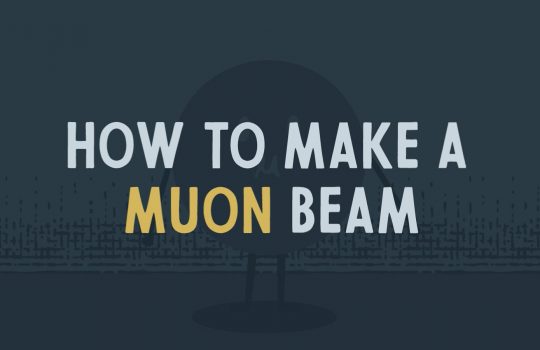A tiny particle may upend physics…and our own understanding of the universe
From Popular Mechanics, April 9, 2022: New research shows the W boson is heavier than scientists expected with the discovery going against the Standard Model of particle physics. Recently, a 400-person team announced the results of data they carefully sifted through of more than four million collisions from the Collider Detector at Fermilab.

